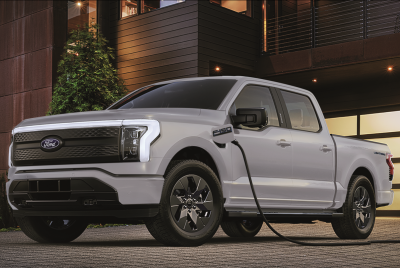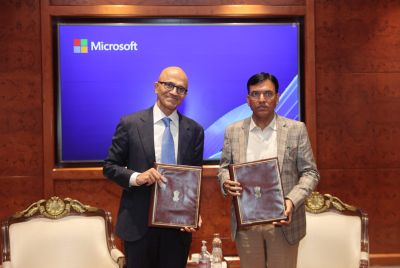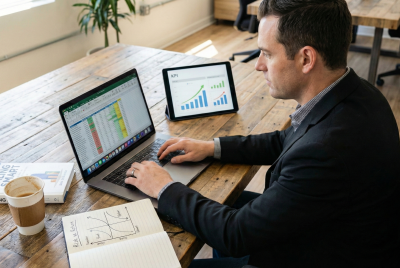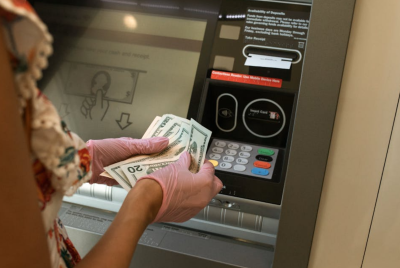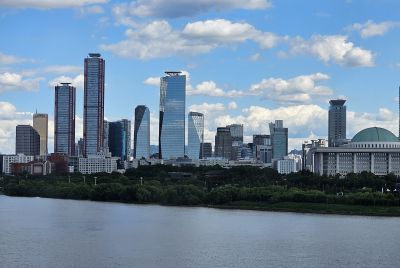$200 Million US Defense Contract: OpenAI's Big Win as Microsoft Tensions Escalate
The deal comes after Altman commented on his vision for the future: humanity reshaped by AI and technology
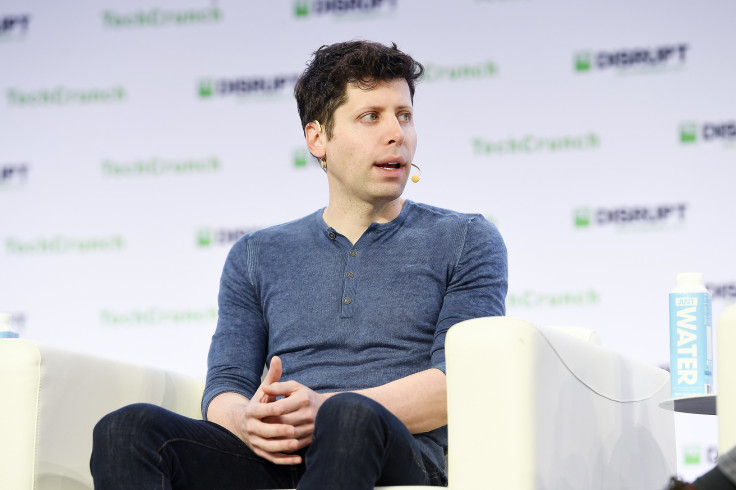
Sam Altman, OpenAI's CEO, has made history by accepting a $200-million contract allowing the US Defense Department to use his company's artificial intelligence models. This milestone arrives amid rising internal and external pressure, as OpenAI is locked in tense negotiations with Microsoft, its largest investor and cloud partner, over the future of their multi-billion-dollar alliance. With reports surfacing of potential legal battles and antitrust complaints, the relationship appears to be in tatters. Through it all, Altman remains focused on his long-term vision: Preparing society for a world fundamentally transformed by AI, technological acceleration and even humanoid robotics.
OpenAI Finds Trouble Reshaping A Billion-Dollar Partnership
In 2019, Microsoft invested £739,180k ($1 billion) in OpenAI, forging a landmark AI partnership. Today, OpenAI seeks to restructure the deal—proposing Microsoft reduce its stake to 33% from 49% and give up future profit rights. It also wants to end Microsoft's exclusive hosting privileges. Talks have stalled, with Microsoft demanding further concessions. According to The Wall Street Journal, OpenAI is now considering antitrust action and a federal review, citing potential anti competitive behaviour.
Record-Breaking Deals, From Tech to the Government
OpenAI's restructuring effort comes at a time of tremendous growth. The company is generating over £7.4 billion ($10 billion) in revenue and recently closed a £29.5 billion ($40 billion) funding round at a £221 billion ($300 billion) valuation.
Additionally, there's the recent deal with the Department of Defense. This involves an expansion of its ChatGPT Gov product, 'OpenAI for Government,' which will provide the US authorities with custom AI models. During a recent summit, Altman discussed the initiative with former National Security Agency leader Paul Nakason, who serves as an OpenAI board member. Altman emphasised that OpenAI has a responsibility to the country, saying, 'We have to and are proud to and really want to engage in national security areas.'
The use of AI in government settings raises concerns about automation, job losses, and its potentially harmful effects in times of war. However, Altman has cautioned the public to accept this reality: AI is here to stay.
Tech CEO's Warning: Prepare For Humanoid Robots
While on 'The Circuit with Emily Chang,' Altman stated that not only will AI continue to disrupt and change the job market, but so will humanoid robots before long. Altman warned that society has not yet fully understood how quickly this transition will occur.
'The thing that is different this time is just the rate with which it looks like it will happen,' Altman said. 'I don't think the world has really had the humanoid robots moment yet, and I don't think that's very far away.'
To support the growing demand for AI, he highlights the need for better infrastructure, affirming that 'no single partner can meet the company's massive compute needs.' He noted that this is why OpenAI is building the Stargate data centre in Texas.
Additionally, Altman remarked on the importance of political decisions in shaping the future of AI, noting that US President Donald Trump's policies might be 'among the most important anyone has made about AI.'If he can continue swaying the government, Altman might achieve his lifelong dream: to create AI that can do anything a human can.
Pioneering Social and Industrial Change: Altman's Story
Altman, born on 22 April 1985 in Chicago and raised in suburban St. Louis, has been a force for change since his early years. As a teenager, he came out as gay during a school assembly. According to a 2016 interview by The New Yorker, who spoke to his former counsellor, Altman's actionsinspired real change at his elite prep school and inspired fellow LGBTQ+ students.
This drive never left him, earning a spot at Stanford and studying computer science. Like many tech wizzes before him, Altman dropped out in his second year. In 2005, he launched his first start-up, Loopt, a location-sharing app. Though Loopt didn't take off, it earned Altman a pivotal connection with Y Combinator. He joined as a partner in 2011 and became president in 2014, thanks to recommendations from its founders. Under his leadership, Y Combinator attracted entrepreneurs to its three-month program, which provided £369,590 ($500,000) in funding and mentorship for start-up development. By the time Altman left in 2019, Y Combinator had successfully supported the growth of major companies like Airbnb, Reddit, DoorDash, and Twitch.
In 2015, OpenAI was launched as a nonprofit, with Altman and Elon Musk co-chairing the project. They had £739,180k ($1 billion) in funds from sponsors like former PayPal CEO Peter Thiel and Amazon Web Services. In 2018, Altman rejected Musk's offer to take the reins, after which the Tesla giant left the project and, with him, his funds. As a result, Altman had to create a partnership with Microsoft for its cloud computing service Azure. In 2022, OpenAI launched ChatGPT, finding immediate, overwhelming success and garnering 1 million users in five days.
Altman's journey from a precocious teenager to one of the most influential figures in global technology is marked by ambition and a belief in AI's transformative power. Whether navigating complex regulatory landscapes, restructuring billion-dollar deals, or reshaping defence capabilities, he is not just creating tools; he's helping shape the future of humanity. As the negotiations between OpenAI and Microsoft continue to escalate, the outcome of their battle may reshape high-profile partnership contracts in future cases.
© Copyright IBTimes 2025. All rights reserved.









